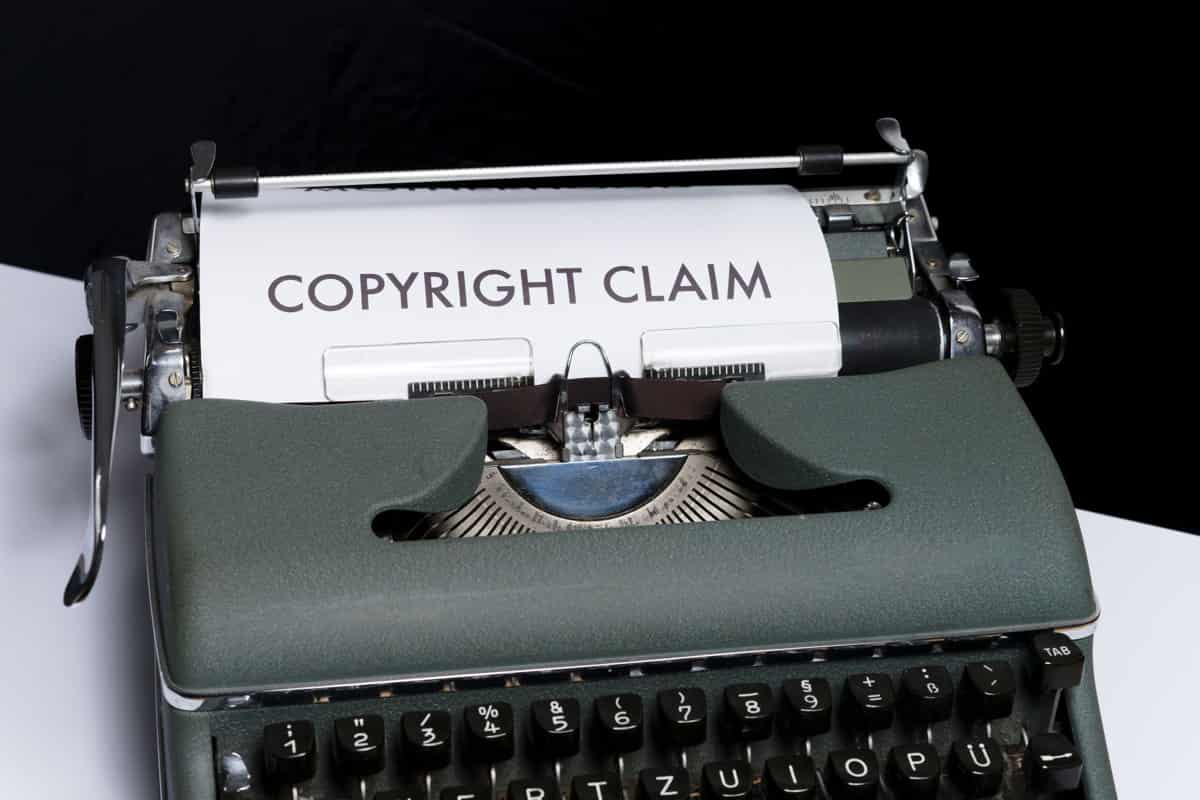Sydney-based lawyer and data analyst. Formerly Digital Transformation Analyst at Lawpath.
Find out how fair dealing applies to copyright and how you can distinguish this from a mere infringement.
What is copyright?
Copyright is a form of intellectual property, protecting the expression of ideas and information. Under the Copyright Act 1968 (Cth), a person can express an idea in the form of a literary, artistic, dramatic, musical work, sound recording and others. Essentially, you have an exclusive right to make copies of your work, publish it, communicate it to the public, create adaptations, licence it, and sell it. Copyright generally lasts for 70 years with a few exceptions.
NOTE, you have copyright in the expression of an idea, not the idea itself.
How do you obtain copyright?
Copyright automatically vests in your work once you create it. There is no formal registration process required, unlike patents, designs and trademarks.
What is fair dealing?
Under the Copyright Act 1968 (Cth) fair dealing is an exception to copyright infringement. When considering what is ‘fair’, here are some questions to consider:
- Did the person using the copyright material do it for commercial gains?
- How much of the copyright material did the person use?
- How has the copyright infringement impacted on the market for the original work?
However, just because a person is not using the copyright material to make profits does not make it fair. The fair dealing exception states that a person can use copyright material without permission from the copyright owner if the purpose of using it falls into the following categories:
- research or study
- criticism or review;
- parody or satire.
- Enable a person with a disability to access material;
- reporting news; and
- professional advice from a lawyer.
1.Research and study
A person can use copyright material without permission from the copyright owner if it is for research or study. However, this does not mean that the person can copy your entire work. They can only use a ‘fair’ amount, such as 10% of the number of pages of a book or a single chapter of the book.
2.Criticism or review
A person can use your copyright material for criticism or review. However, they must acknowledge you as the author of the work, and it must be a genuine piece of criticism or review. Suppose there is some hidden or ulterior motive. In that case, the fair dealing defence is unlikely to apply, which means that the person will be liable for infringing your copyright. These other motives may include trying to profit from your work, or they may be a competitor attempting to divert your customers. The ‘The Panel Case’, also known as TCN Channel Nine Pty Ltd v Network Ten Pty Ltd discussed this.
3.Parody or satire
A parody is when someone imitates your work or style and deliberately exaggerates it for comedic effect. Satire is when someone uses humour, irony, sarcasm or ridicule to criticise your work but is not imitating it. Similar to the exceptions stated above, a person can rely on this exception only if the purpose of infringing copyright is parody or satire. It is not enough to have elements of satire or parody, especially if the commercial purpose outweighs it. Again, factors to consider are:
- the amount of copyright material used;
- context of using satire and parody;
- adverse effect on the original artist (e.g. financial) or the original work (e.g. distortion); and
- the necessity to use the copyright material.
4.Enable a person with a disability to access material
Under the Copyright Amendment (Disability Access and Other Measures) Act 2017 (‘the Act’), a person is not infringing copyright if they use copyright material to give a person with a disability access to the material. Organisations can also exercise this exception; ss 113E and 113F of the Act. Here are some factors you should consider:
- nature of the copyright material such as whether it is published or not;
- effect on the potential market; and
- amount of copyright material used.
5.Reporting the news
A person may use copyright material for the primary purpose of reporting news, so long as it is ‘fair’. The news is not restricted to current events and can be reported in a newspaper, magazine or similar periodical. However, it must also have ‘sufficient acknowledgement’ of the copyright material. The exception does not cover music in the news report. To resolve this, you may seek a licence from the copyright owner or associations like the Australasian Performing Rights Association.
6.Professional advice from lawyers
A person is not infringing copyright if they use copyright material to give professional advice. The exception usually applies to lawyers, but the purpose must be genuine and ‘fair’.
What is the difference between fair dealing and fair use?
Fair use is a defence to copyright infringement and asks whether it is fair for a person to use copyright material without permission from the copyright owner. It is not a defence in Australia but is much broader than fair dealing.
How does the fair use defence work?
When deciding on what is ‘fair’, there are several factors to consider. The factors are not exhaustive, meaning that they are flexible and adaptive. In particular, The Australian Productivity Commission outlines four factors:
- purpose and character of the use;
- nature of the copyright material;
- substantiality and amount of the copyright material used;
- effect of using the copyright material upon the potential market for, or value of, the copyright material.
Need further assistance?
If you require further assistance, we recommend that you check out our intellectual property guides or speak to our lawyers.






